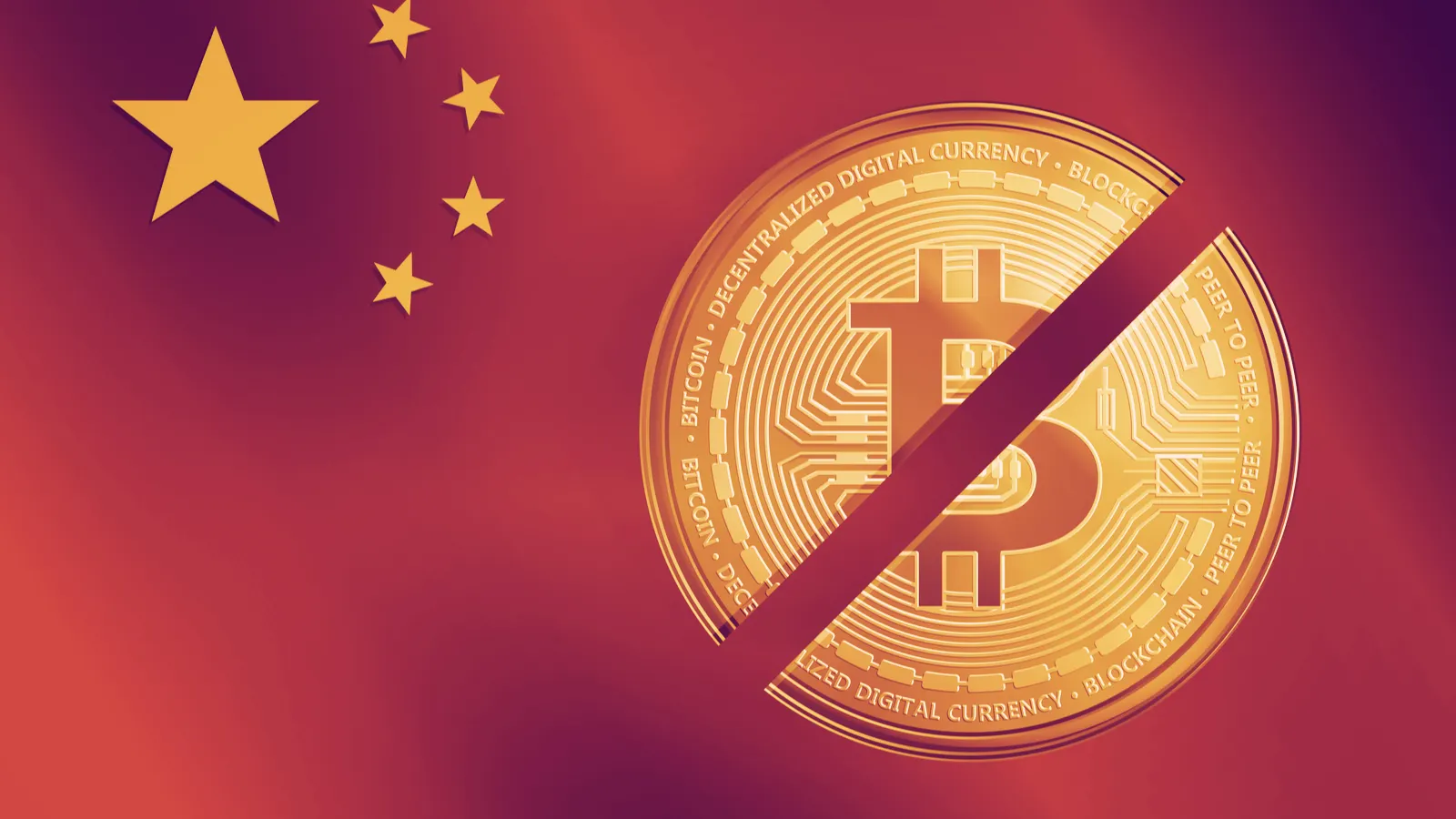In brief
- China Central Television published an article on Sunday about May 12’s Bitcoin halving.
- State-owned media in China rarely talks about cryptocurrencies—unless to warn people about them.
- China pushes a “Blockchain not Bitcoin” agenda.
A Chinese state-owned broadcaster published an article Sunday about Bitcoin’s upcoming halving—a strange move for a country whose media has been so intent on bashing Bitcoin.
The article, by China Central Television—a state-owned television network in China—spoke of the “skyrocketing [price] of Bitcoin” ahead of the halving and pointed out that legendary hedge fund manager, Paul Tudor Jones, had proclaimed to his investors the benefits of the cryptocurrency.
The article added that analysts believe the Bitcoin halving, which is forecasted to take place on Tuesday, “will be a positive signal for Bitcoin” and the “price should rise.” It mentioned that the price of Bitcoin had risen following previous halvings.
This is very strange. The Chinese government, through its state-owned media, has previously called cryptocurrencies an “illegal Ponzi scheme.” The government has also prevented exchanges from selling Bitcoin within its borders since 2017. Why on Earth would it comment on Bitcoin’s price?
The publication of the article was raised on Twitter by “Molly”, who heads marketing at Hong Kong crypto management platform HashKey Hub. She said in a tweet that this was the first time she had seen Chinese national media talking about a “Bitcoin pump.”
She added (in a since-deleted tweet) that the price of Bitcoin appeared to go up by 1.5% following the publication of the article—though such speculation is perhaps better left to the mystics; in the past 24 hours alone, Bitcoin’s price crashed by 15% before making a slight recovery.
Blockchain not Bitcoin
Though China might hate cryptocurrencies, it has embraced blockchain technology wholeheartedly. The president, Xi Jinping, even said in a speech in October 2019 that blockchain is crucial to the development of the country.
The government has started its own state-owned blockchain network (one of many projects and pilots) and leads global rankings for blockchain patent applications.
And it has begun the rollout of its own state-rolled digital currency, the DCEP. Bitcoin, a truly decentralized cryptocurrency, is clearly on its radar.
Daily Debrief Newsletter
Start every day with the top news stories right now, plus original features, a podcast, videos and more.

